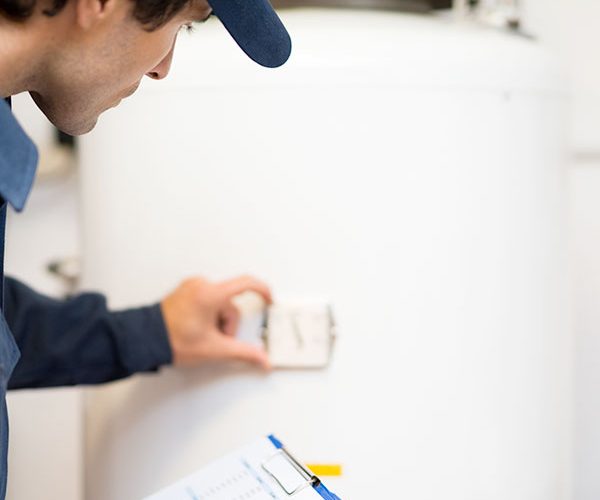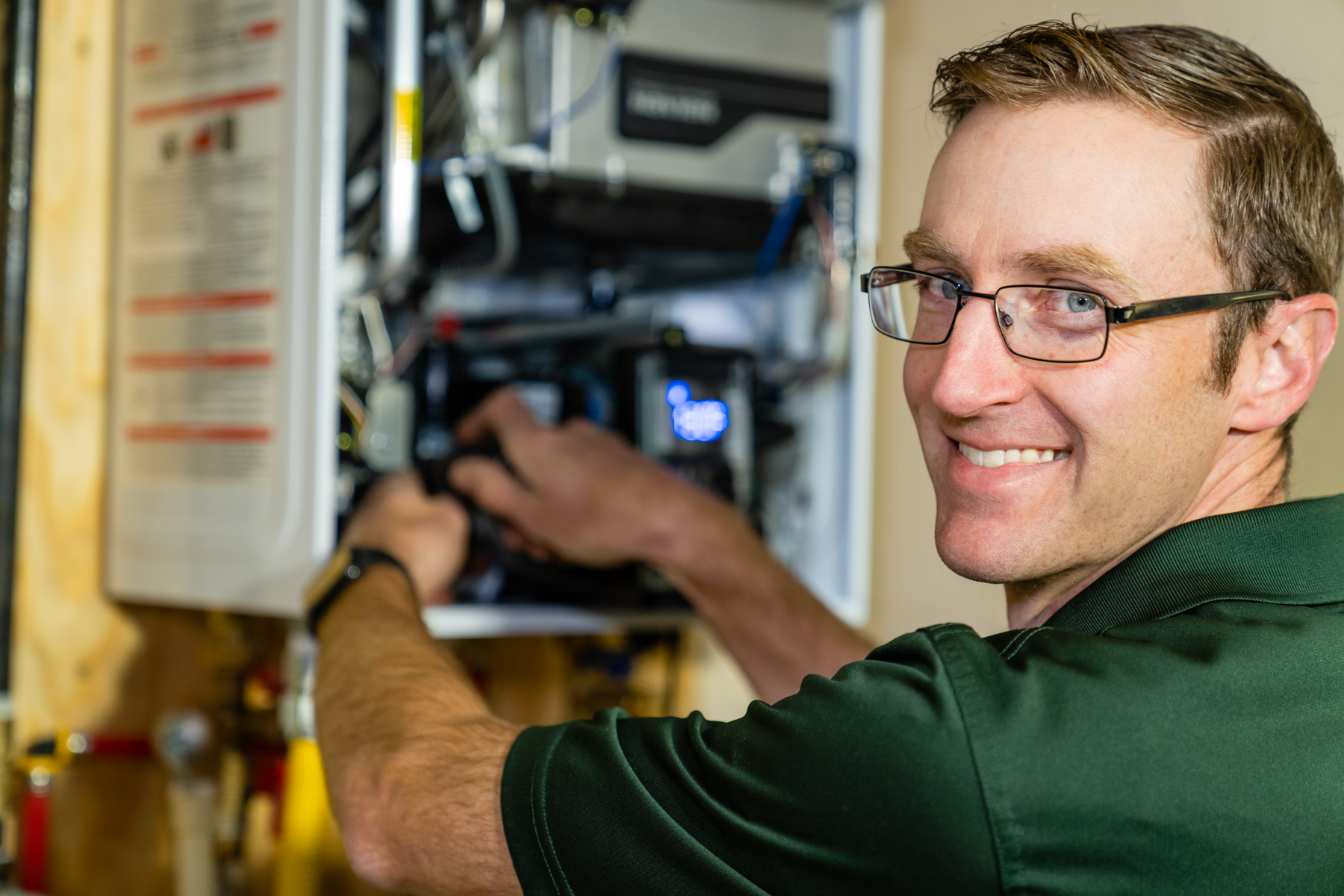Managing the Routine Hot Water Heater Crisis Events
Managing the Routine Hot Water Heater Crisis Events
Blog Article
Here below you will find lots of worthwhile content when it comes to Common Hot Water Heater Problems.

A hot water heater is one of one of the most essential fundamental devices that can be found in a home. With water heaters, you don't require to experience the stress and anxiety of heating water manually whenever there is a requirement to wash, wash, or the meals. Nevertheless, there is constantly a possibility that your water heater would act up as with most mechanical devices.
It is necessary to note any kind of little breakdown and tackle it swiftly before points get out of hand. Most times, your hot water heater starts to malfunction when there is an accumulation of sediments as a result of continual use. As a preventative measure, periodic flushing of your hot water heater is advised to stop sediment buildup and also avoid practical failure.
Common water heater emergency situations as well as just how to deal with them
Dripping water heater tank.
A dripping tank could be an indication of corrosion. It can cause damage to the flooring, wall surface as well as electric tools around it. You could even go to threat of having your house swamped. In this circumstance, you must switch off your water heater, permit it to cool off, and thoroughly seek the resource of the issue. At times, all you need to do is to tighten a few screws or pipeline connections in cases of small leaks. If this doesn't work and also the leak continues, you could require to use the services of a technician for a suitable substitute.
Changing water temperature level.
Your water heating system could start creating water of various temperatures usually ice cold or scalding hot. There might be a requirement to change either the home heating or the thermostat unit of your water heating system.
Too little hot water
Managing an inadequate supply of warm water can be frustrating. It may be that the hot water heater can not sustain the warm water demand for your house. To take care of this problem, you might try to readjust your heating system's temperature level dial and wait for a few mins. If the issue persists, you can request the aid of an expert plumber. You can upgrade your water heating system to one with a bigger ability.
Discolored or stinky water
You require to know if the concern is from the storage tank or the water resource when this occurs. If there is no funny scent when you run cold water, after that you are certain that it is your water heater that is malfunctioning. The odiferous water can be caused by rust or the accumulation of germs or sediments in the water heater container. You can attempt flushing out your container or changing the anode if the trouble lingers as soon as you notice this. The function of the anode is to clear out germs from your storage tank. Given that the anode pole substitute calls for a comprehensive expertise of your water heating unit, you will certainly require the aid of a specialist.
Final thought
Some homeowners disregard little caution as well as minor faults in their hot water heater system. This only causes additional damages as well as a feasible total break down of your device. You must deal with your water heater mistakes as quickly as they come near prevent even more expenses as well as unneeded emergency troubles.
With water heaters, you do not need to go via the stress of home heating water by hand every time there is a demand to take a bath, do the laundry, or the meals. Your water heating system can start producing water of different temperatures generally ice cool or scalding hot. It may be that the water heater can't sustain the hot water demand for your home. If there is no amusing scent when you run cool water, then you are certain that it is your water heater that is damaged. The smelly water can be created by rust or the buildup of germs or debris in the water heating unit tank.
What’s Wrong With My Water Heater?
Not Enough Hot Water
You probably encounter this problem in the shower or while washing dishes. As you run your water, you’ll notice it starting to cool down. Turning up the hot faucet may not work, or it may only heat the water for a short period. Your hot water probably comes back and works normally one or two hours after you use it up.
If you’ve never had enough hot water, your heater may be too small for your home. If you haven’t had a problem until recently, there’s probably something’s wrong with your heater’s thermostat. Try adjusting it to see if you can feel a difference. Even if the thermostat’s working, the heating element itself could have burnt out. It’s also possible that a clog has restricted water flow into or out of the heater. Luckily, none of these problems are hard to fix, as long as you call them in early.
Water is Too Hot
Unregulated water heaters can make water dangerously hot. You probably have this problem if you’ve been scalded by your hot water. It’s also a likely culprit if you have trouble getting your faucets to produce a comfortable temperature. This problem is easy to fix, but it can also be a serious health hazard if you don’t address it. If you think your water is too hot, don’t doubt yourself; look into it!
Start by finding your heater’s thermostat and mark its position with a pen. Turn the thermostat to a cooler setting. Wait a couple hours to see if the problem is solved. If it isn’t, listen for boiling in the tank and look for water that comes out of the faucet steaming. In those cases, your temperature-pressure relief valve may be malfunctioning. This is a serious problem that can be dangerous, so you should have it looked at right away.
Discolored or Smelly Water
If all your water looks rusty or smells weird, there’s probably a problem with your pipes. If only your hot water looks weird, however, your water heater is probably at fault. Hot water discoloration comes in several varieties. It could look orange or brown-ish, taste rusty, or feel grainy. It could also look yellow or green-ish and taste gross or feel slimy. Either way, it’s a sign that there’s something wrong with your water heater’s tank.
Usually, hot water discoloration means sediment has built up in your tank. Sediment is made up of hardened minerals that accumulate on the inside of the water heater’s walls. When enough sediment builds up, it causes all kinds of problems–including your discolored water. Try flushing your water heater tank to clean out built up sediment. If the water still tastes rusty, your tank’s rust-preventing anode rod may have worn out. A pro can replace an anode rod easily, but without one, your tank could rust beyond repair relatively quickly.
Leaking
Water heaters can leak from several different places, and each leak means something different. If the leak is coming from a pipe above the heater, it’s possible the tank itself hasn’t been compromised. The cold inlet, hot outlet, and T&P pipes could all leak from above. Try tightening the problematic valve. If that doesn’t work, then the valve or pipe will have to be replaced.
If the leak is coming from the bottom of the tank, it’s important to determine exactly where it is. The leak could be coming out of the drain valve or your T&P valve below the tank. You can replace those valves and preserve the tank itself. If you notice the water tank itself leaking, however, that probably means it’s corroded beyond the point-of-no-return. Leaking water heaters are a big deal, so you should get yours replaced ASAP.
https://www.punctualplumberdallas.com/blog/whats-wrong-water-heater/

Do you like reading up on Warning Signs You Need Water Heater Repairs? Try to leave a comment directly below. We would be glad to listen to your reactions about this post. We hope that you come back again later on. Loved our blog entry? Please share it. Help others locate it. Thanks for your time. Kindly check up our website back soon.
Burst? Reach us! Report this page